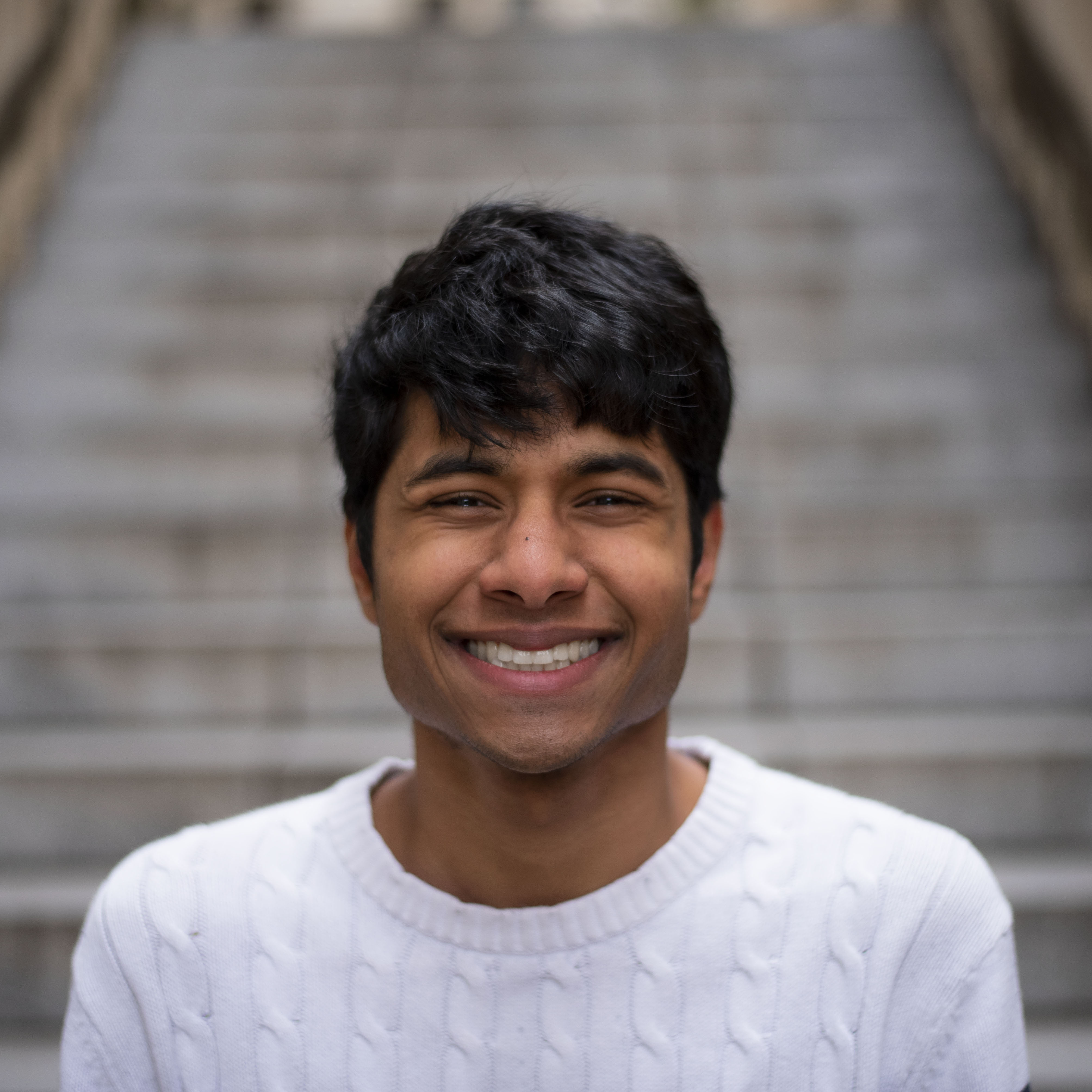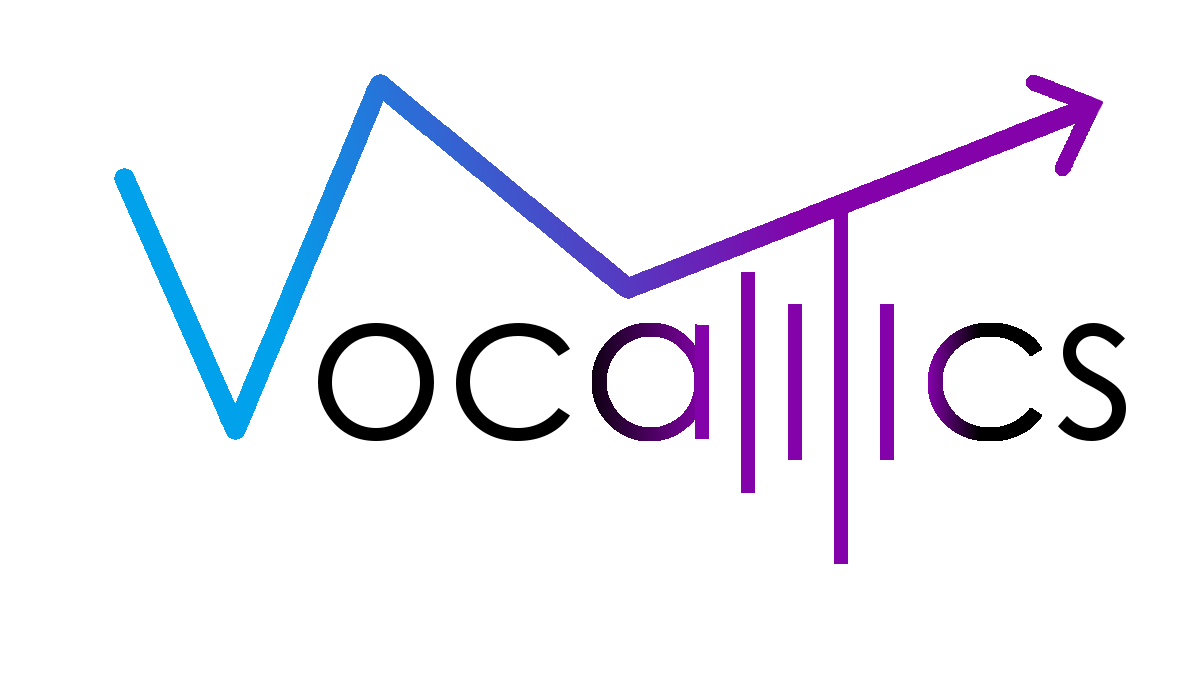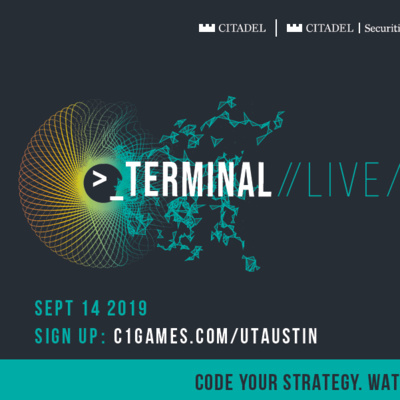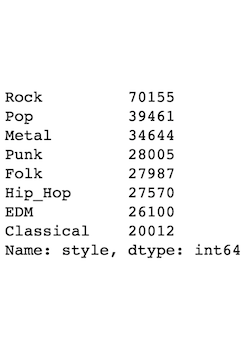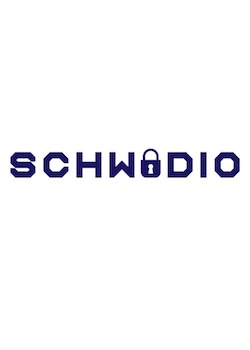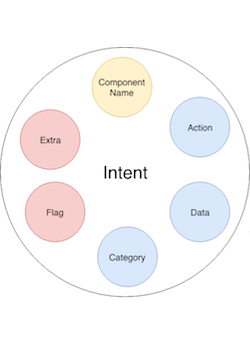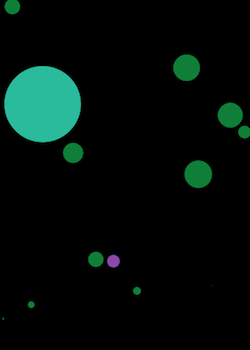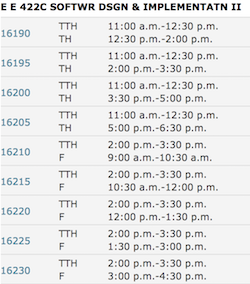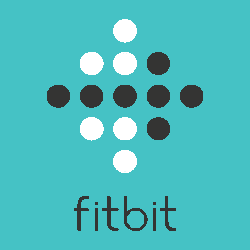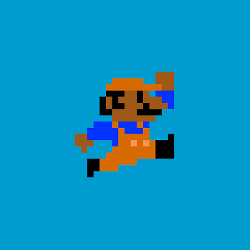Cloud Security Engineer with strong SWE skills. Experience on both product and infosec teams, building features for customers and paved roads for developers. In my current role at Block, I actively write code daily to enhance our security services at scale. Having transitioned from a product-focused role, I possess a deeper understanding of our developers' perspectives and challenges. I'm looking to continue to grow both of these skillsets.
Outside of my career interests, I've been coaching high school debate ever since I graduated. In addition to other accolades, I've coached a state champion and multiple finalists in Texas, as well as a national champion at the middle school level. I've also coached 28 bids to the Tournament of Champions, including one of the youngest TOC qualifiers of the 2018-2019 season. I also recently founded an online debate camp. In the inaugural Summer 2020 session of The War Room, we taught 46 students, 11 of whom would go on to quality for the Tournament of Champions for the first time.
Beyond debate and mentorship, some of my other interests include piano, guitar, basketball, reading, and chess.
